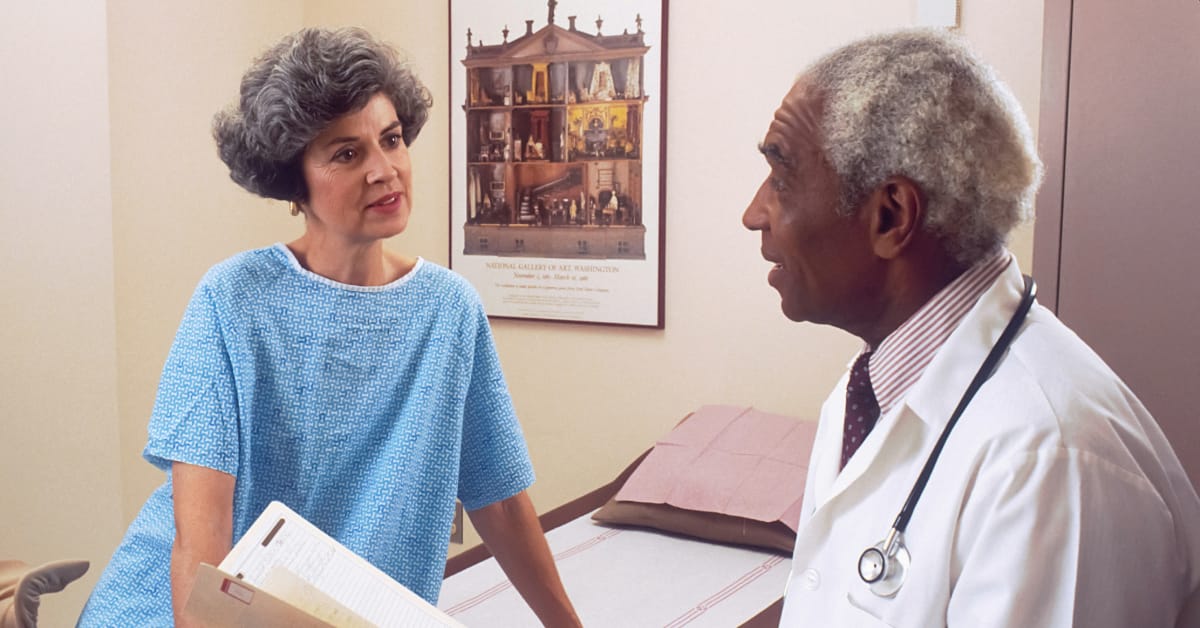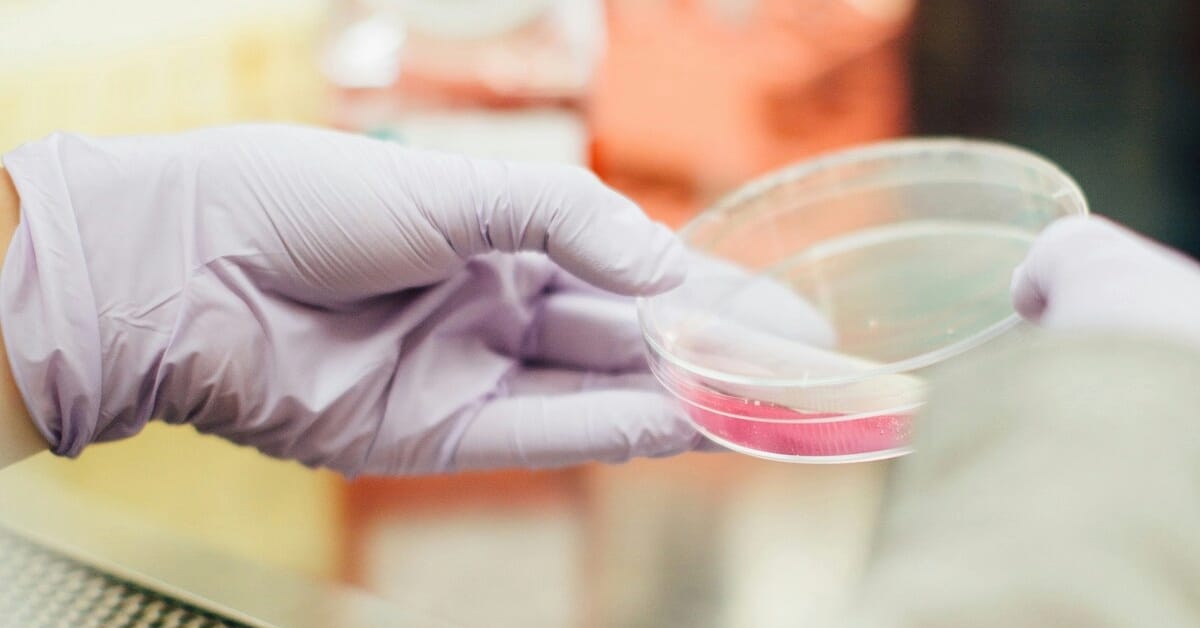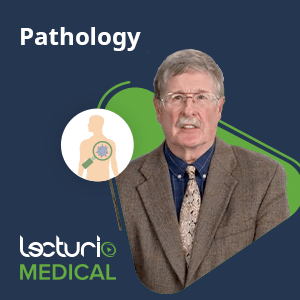In this article, I’ll discuss pathology, its importance, and what pathologists do. It would be wise to experience all specializations as you decide what you’ll want to be when you graduate. Unfortunately, not all programs offer a rotation in pathology. Because of that, many students miss out on the opportunity to really learn about it. While this article may not be the same as physically being there, reading this should give you a bit of an idea of what happens in pathology.
There are many stereotypes when it comes to pathology. You may have heard myths about how pathologists aren’t good with people or that they’re known as the “detectives of medicine”. But what do they actually do? Let’s first talk about what pathology is about!
What is pathology?
Pathology is a branch of medicine that specializes in illness and disease.
But shouldn’t all doctors be specialists in illness and disease? That is true. Most doctors ideally have a good grasp on pathology. Being a doctor means being able to diagnose and treat different diseases. Diseases are diagnosed through a set of morphologic features that match a specific criteria, which is all part of pathology.
Pathology is a broad subject. With the discovery of modern technologies in the field of medicine, pathology has evolved to include many clinical laboratory techniques used in correlation to a patient’s clinical profile to come up with a diagnosis. Pathology even goes in-depth about subjects like genetics, hematology, immunology, microbiology, etc.
Take the Course: Pathology
Become a master of pathology with Dr. Mitchell from Harvard Medical School.
What does a pathologist do?
A pathologist basically helps the medical team reach a diagnosis through the use of different labs that analyze human samples like tissue and fluids. Pathologists are registered doctors who are also certified by the American Board of Pathology, or their respective society/board in other countries.
They often study biopsies, which are samples of tissue that are removed during surgery. They also study dead bodies in autopsies to find out the cause of death. Pathologists also get into the field of research to help the medical field better diagnose lesser known diseases.
Though the pathologist may be rarely seen by the patient compared to other members of the medical team, almost every specialization has a respective pathologist subspecialty working closely with them. In general, there are two divisions in pathology: anatomic pathologists and clinical pathologists.
Anatomic pathology
Anatomy pathology mainly involves evaluating human tissue. This can come from Pap smears, surgical biopsies, and even whole bodies during autopsies. Its most significant field, where much of an anatomic pathologist’s time is spent, is the subspecialty of surgical pathology. This is where pathologists study surgical specimens both grossly and microscopically to aid in the final diagnosis of a patient.
An anatomic pathologist’s work includes, but may not be limited to:
- Gross exams: This when they study human tissue or organs with the naked eye, meaning without the use of microscopes and imaging studies.
- Histopathology: This makes use of a microscope to study specimens, usually by the use of dye.
- Immunohistochemistry: This uses antibodies to detect particular proteins to help distinguish similar illnesses that may initially appear similar in morphology.
- Cytopathology: This also uses a microscope similar to histopathology, but it focuses more on loose cells so that they can be studied individually or in smaller groups.
- Electron microscopy: This uses an electron microscope to study specimens much closer and more detailed than with a normal microscope.
- Flow immunophenotyping: This uses flow cytometry techniques to come up with a diagnosis, usually for cases of leukemia and lymphoma.
Clinical pathology
On the other hand, clinical pathologists focus more on studying blood, urine, and other bodily fluids. The human body is made of 60% water. These bodily fluids carry various substances and chemicals that, when studied, can tell a lot about a person: how healthy they are, what their diet is, and even what environmental factors they’ve been exposed to.
Often, a clinical pathologist’s job includes the following, but may not be limited to:
- Blood banking: Blood transfusions can be life-saving if done right, but at the same time life-threatening, if done wrong. Pathologists in this field study the components of blood to ensure safe transfusions for patients.
- Chemical pathology: This involves the use of analytic techniques to study the components of blood fluids.
- Hematopathology: This branch studies diseases related to blood cells and even related organs that are involved in the life cycle of blood cells.
- Clinical microbiology: This specializes in studying microorganisms that can cause disease.
- Cytogenetics: This field is concerned with chromosomes and their relation to the cell cycle.
Why specialize in pathology? Is pathology for me?
Pathologists are a vital part of the medical team. While rarely seen by the patients themselves, they still work hard to give their best expert input for patient care. But does this make pathology a specialization you’d like? Here are just some of the reasons why people choose to take the road of becoming a pathologist:
You enjoy the actual field of pathology
Knowing pathology is one thing as a doctor. Specializing in the field of pathology is another. If you’re the kind of person who enjoys learning in-depth about the morphology of each disease and how they develop, then apply that knowledge for your patients in practice, then you’ll likely enjoy pathology. Often, pathologists are considered the “detectives of medicine” because they’re able to use various tests to come up with a diagnosis that fits the patient’s myriad of signs and symptoms best, the same way that detectives use clues to solve mysteries. If that sort of work interests you, then pathology might be for you.
Your patient interactions are different from the traditional way
There’s an ongoing myth wherein people believe that pathologists are either bad at dealing with or hate dealing with other humans. This is mostly untrue.
Pathologists still have to interact with patients, moreso in particular pathology subspecialties. For example, in transfusion medicine and anatomic pathology, pathologists have to talk to and interact with patients while performing procedures. Even though a bulk of the work happens at a lab, most pathologists are expected to be able to work well with the rest of the medical team who, for the most part, are human. So if you’re looking for a specialty where there’s totally no human interaction, you might be disappointed.

You love teaching and learning
Apart from working with a medical team, many pathologists also go into teaching, involving more social interaction. They teach residents and medical students alike. Whenever you have a pathology class in medical school– and there are many pathology lectures– they’ll likely be taught by a pathologist.
Of course, if you don’t feel the call to teach, you don’t have to. Instead, you can also go into research to better characterize lesser-known diseases. What great about this field is that it’s broad enough where anyone can find the right balance of work that you would enjoy doing. Which brings me to the next reason for becoming a pathologist:
You want the pathologist lifestyle
While most pathologists do experience some degree of stress on the job, they experience some of the lowest burnout rates relative to other specialties. That’s because pathologists have more regular working hours so they can plan their lives around their schedule since they’re not on-call unlike other specialties. At the same time, salary.com reports the median pathology salary of $308,482 for pathologists in the US.
Pathology subspecialties: an overview
The field of pathology is broad and there’s a little bit of something in there for anyone who chooses to take up this specialty. Not all pathologists are teachers. Not all pathologists work on dead bodies. Not all pathologists work with surgeons. There’s a lot to love in this field, as different as it may seem from more “traditional” specializations.
Here are some sub specializations that you might want to consider as you become a pathologist:
- Transfusion medicine
- Forensic pathology
- Cytopathology
- General pathology
- Informatics
- Medical microbiology
- Molecular pathology
- Bone & soft tissue pathology
- Breast pathology
- Cardiopathology
- Dermatopathology
- Clinical pathology
- Gastrointestinal/liver pathology
- Genitourinary pathology
- Gynecologic pathology
- Head & neck pathology
- Hematopathology
- Neuropathology
- Pediatric pathology
- Pulmonary pathology
- Renal pathology
- Surgical pathology
How to become a pathologist
The basics
Becoming a pathologist is not an easy road, but it’s similar to other specialties. First, you have to become a licensed physician. You have to finish medical school, which can take 4 years. Then take a year or two of internship before your licensure exam.
Pathology training
Next, you have to undergo residency training under pathology. The pathology residency length required for this depends on the program of your hospital-of-choice or where you’re matched, but it’s usually 4 years. After that, you can pick which subspecialization you’d like to work in, which can be an additional few years. Overall, including pre-med, it can take as long as 11-14 years.
If that number sounds daunting, that’s because it is. But if that’s the road to get the job where you feel like you’ll be happy, it’s worth the time and effort.





